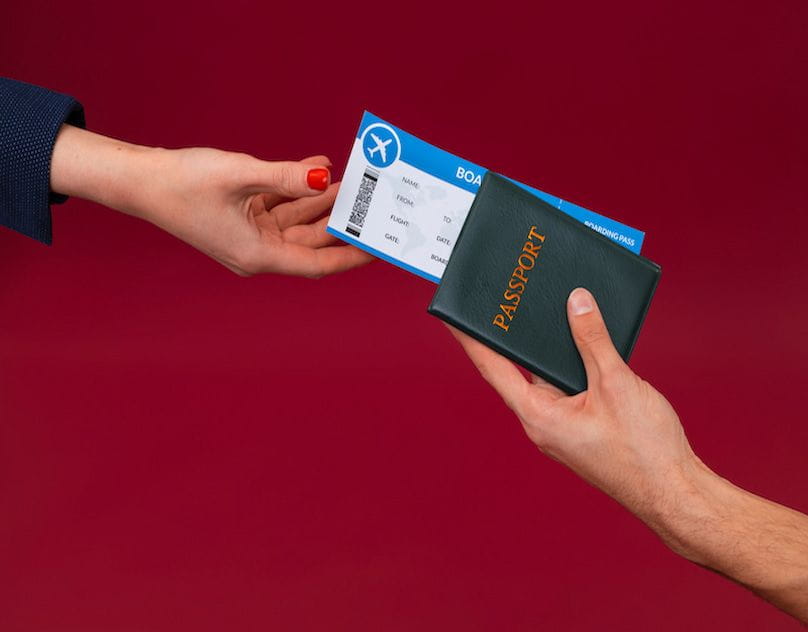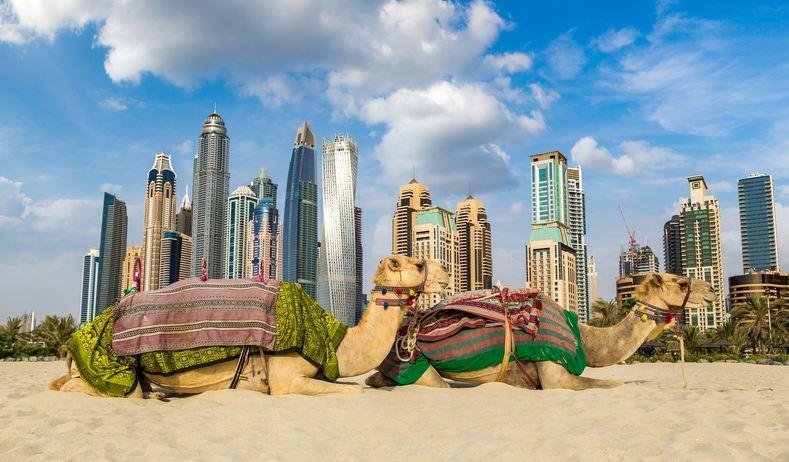Planning your first trip to Dubai is an exciting adventure, as the city offers a blend of modern luxury, cultural heritage, and breathtaking attractions. From towering skyscrapers like the Burj Khalifa to historical sites that echo the traditions of the Arabian Peninsula, Dubai captivates visitors with its diversity and charm. However, preparing well in advance can make your experience smoother and more enjoyable. Understanding essential travel requirements, local customs, and top attractions will help you get the most out of your journey to this vibrant city.
Dubai’s unique mix of old and new offers something for every traveler. While the city is known for its luxurious shopping malls and world-class dining, it also provides opportunities to dive into Emirati culture through traditional souks, museums, and cultural experiences. For a truly fulfilling trip, it’s helpful to familiarize yourself with travel essentials like visa requirements, currency, and etiquette, so you can fully immerse yourself in everything Dubai has to offer.

Here are some of Your First Trip to Dubai: What You Need to Know.
1. Passport and Visa Requirements

Before booking your trip, ensure that your passport is valid for at least six months from your intended arrival date. This is a standard requirement for most travelers entering the UAE. Additionally, check if you need a visa to enter Dubai. Some nationalities are eligible for a visa-on-arrival, while others may need to apply for a tourist visa in advance. Researching visa requirements beforehand will save you time and avoid last-minute stress at the airport.
2. Travel and Medical Insurance
It’s wise to purchase travel and medical insurance before your trip to Dubai. Medical services in the UAE are high-quality but can be expensive, especially for international visitors. Insurance provides peace of mind and covers unexpected medical expenses or other travel-related issues like trip cancellations or delays. Make sure your insurance policy includes both health coverage and travel-related incidents to stay protected during your trip.
3. Currency and Payment Options

The currency in Dubai is the UAE dirham (AED), which is pegged to the US dollar, making currency conversions straightforward for dollar-based travelers. Credit cards are widely accepted throughout Dubai, but it’s still advisable to carry some cash for smaller transactions, like taxis or street vendors. You can easily exchange currency at airports, hotels, or local exchange centers. Also, familiarizing yourself with the approximate exchange rate will help you manage your budget while exploring Dubai.
4. Language and Communication
While Arabic is the official language of the UAE, English is widely spoken across Dubai, especially in tourist areas, hotels, and restaurants. However, learning a few basic Arabic phrases, such as “Marhaba” (hello) and “Shukran” (thank you), can go a long way in showing respect for the local culture. It also adds a personal touch to interactions and can enhance your travel experience, as locals appreciate visitors making an effort to connect in their language.
5. Cultural Etiquette and Dress Code
Dubai is a diverse city, but it retains a strong connection to Islamic customs and values. Dressing modestly, especially in public areas like shopping malls and restaurants, is a sign of respect for the local culture. Women are encouraged to cover their shoulders and knees, while men should avoid wearing overly revealing clothing. Additionally, be mindful of public behaviour , avoid public displays of affection, and remember that alcohol consumption is limited to licensed venues, such as hotels and select restaurants.
6. Accommodation Planning
Dubai offers a wide range of accommodation options, from budget hotels to luxurious resorts. However, accommodation can be pricey, especially during peak tourist seasons. Booking in advance is recommended to secure the best rates and ensure availability. Look into staying near popular areas like Downtown Dubai or Dubai Marina for easy access to attractions. Alternatively, if you’re looking to save, consider accommodations slightly outside the city center, where prices can be more affordable.
7. Top Attractions to Visit
Dubai is packed with iconic landmarks and attractions, so planning your itinerary in advance is essential. Here are a few must-see places for first-time visitors:
- Burj Khalifa: The world’s tallest building offers stunning panoramic views of Dubai’s skyline. Buy your tickets online in advance to avoid long queues and choose the best time for your visit sunset is particularly popular for its breathtaking views.
- Dubai Museum: Housed in the Al Fahidi Fort, the Dubai Museum is a must-see for anyone interested in the city’s history. This museum provides insight into Dubai’s transformation from a small fishing village to a global metropolis. It’s an excellent starting point to understand the roots of Emirati culture.
- Kite Beach: For those interested in beach activities, Kite Beach is a top kitesurfing destination that’s also ideal for beginners. The area offers various water sports rentals, food stalls, and views of the Burj Al Arab, making it a great spot to unwind and enjoy the coastline.
8. Exploring Dubai’s Culture and Customs

In addition to visiting attractions, take time to immerse yourself in the culture. Dubai offers cultural experiences such as desert safaris, traditional souks, and heritage tours. Local markets, or souks, like the Gold Souk and Spice Souk, offer a unique shopping experience, allowing you to interact with locals and learn about Emirati trade and crafts. These experiences provide an authentic glimpse into the cultural richness of Dubai, often overlooked in the city’s modern appeal.
Conclusion
Travelers a memorable experience with something for everyone. From its iconic skyscrapers and lavish shopping malls to the traditional souks and historic districts, Dubai invites visitors to explore and enjoy its diverse offerings. By being well-prepared with essentials like understanding the local customs, ensuring valid travel documents, and planning key attractions, you’ll set the stage for a smooth and enjoyable journey.
For travelers with a 2 Months Dubai Visa, there’s ample time to dive deeper into all that the city has to offer. This extended stay provides the flexibility to explore at a leisurely pace, revisit favourite spots, and even take day trips to nearby areas. With thoughtful planning and respect for Dubai’s cultural etiquette, your time in the city will be not only comfortable but enriching, leaving you with unforgettable memories of one of the world’s most fascinating cities.
Read more: 10 Reasons Dubai Should Be Your Next Travel Destination




